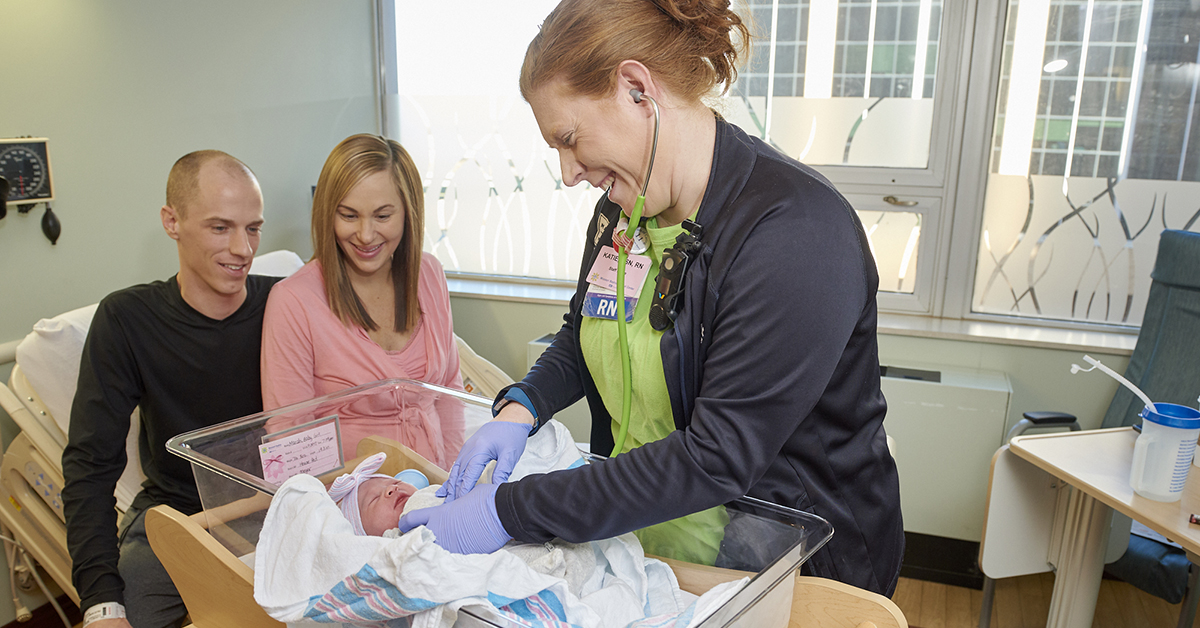
Once you arrive home with your baby, it’s normal to feel a little bit overwhelmed. But just because you are no longer surrounded by nurses and hospital services, doesn’t mean that you’re alone. We encourage you to call us when you have questions, and to take advantage of our Mom’s MoBap Morning support group and other infant care services.
Choose a topic from the list to learn more.